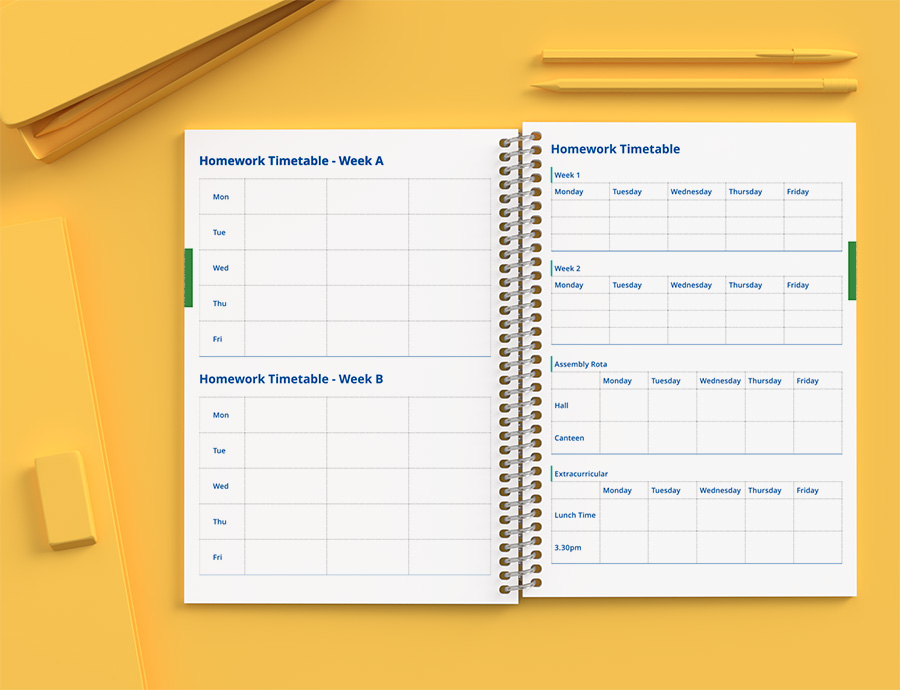In today’s digital age, understanding digital citizenship is paramount, especially for the younger generation. Recent data from Ofcom’s 2016 report on children and parents’ media use and attitudes highlighted that youngsters aged 3-to-4 spend an average of over 8 hours online every week. Surprisingly, the 12-to-15 age bracket dedicates over 20 hours weekly to online activities. To put that into perspective, 20 hours is akin to holding a part-time job.
With the exponential growth of technology, our devices are not only becoming more compact but also more influential. The era of bulky gadgets is long behind us, as smartphones have emerged as the central force in our digital lives.
While most children have unrestricted access to these devices, their understanding of the technology and its implications remains limited. The National Curriculum may prescribe Citizenship education, yet the crucial topic of digital citizenship is largely untouched. Most educational institutes lean towards blocking harmful online content rather than educating children on making informed digital choices.

The Internet and Child Safety
There’s a prevailing mindset of merely blocking harmful content, using filters to restrict access based on specific keywords. While this was effective during the Internet’s nascent days, the evolving digital realm now demands a more nuanced approach. How will these children fare when their digital safety nets are removed, or if they discover ways to bypass these filters? Given the integral role the Internet will play in their adult lives, it’s vital they understand how to evaluate online content responsibly.
Relying solely on keyword blocking can inadvertently restrict access to useful educational resources. Furthermore, potentially harmful content isn’t just limited to explicit words; platforms like social media are often breeding grounds for cyberbullying and inappropriate interactions.
Towards a More Holistic Approach
This isn’t a call to entirely discard age-restrictions or website blacklists. These tools are valuable for keeping children away from distressing content. However, children’s rights in the digital realm need a stronger spotlight, especially when there are entities looking to exploit these young users.
Digital businesses, at times, craft complex contracts that confuse even adults, let alone children. There are numerous cases where children’s personal data is monetized without their clear understanding or consent. It’s high time this practice comes to an end. Simplifying contract language to be more accessible can be a start.
While children’s rights in the offline world are robust, translating them to the online world remains a challenge. Given the Internet’s relative youth, perhaps we haven’t had ample time to formulate these digital rights. However, with the increasing dependence on digital platforms, this conversation becomes imperative.

Custom Student Planners and Digital Citizenship
Custom planners can play a significant role in fostering digital citizenship among students. These planners can be specifically designed to address the unique challenges and opportunities of the digital age. Here’s how custom planners can support digital citizenship:
- Educational Content: Custom planners can include dedicated pages explaining key concepts of digital citizenship, from understanding one’s digital footprint to recognizing misinformation online.
- Safety Tips: Dedicated sections can be included with guidelines on internet safety, password protection, and avoiding phishing scams. It can also contain tips for recognizing and responding to cyberbullying.
- Weekly Challenges: Each week, the planner could present a challenge related to digital citizenship, such as “Try a day without social media” or “Research and learn about a privacy setting you weren’t previously aware of.”
- Reflection Spaces: Create spaces where students can jot down their online experiences for the week, encouraging them to think critically about their digital interactions.
- Resource Lists: The planner can have a directory of reliable websites and tools where students can learn more about digital literacy, cybersecurity, and other relevant topics.
- Case Studies: Include real-life stories (with identifying details changed) that depict scenarios of digital interaction, both positive and negative. This could lead to group discussions or personal reflection on similar experiences.
- Digital Etiquette Reminders: Intersperse the planner with reminders about online manners and etiquette, reinforcing the idea that the same respect and kindness expected in real life should be extended online.
- Goal Setting: Provide sections for students to set digital goals, such as reducing screen time, learning a new digital skill, or creating positive online content.
- Digital Health: Incorporate tips and advice on ensuring digital wellness, like taking breaks from screens, practicing good posture during prolonged device use, and getting adequate sleep despite the temptations of staying online.
- Activity Log: A segment where students can track their online activities, helping them to become more conscious of how they’re spending their time on the internet.
- QR Codes: Embed QR codes that link to online resources, videos, or interactive modules about digital citizenship. This can make the learning experience more dynamic.
- Discussion Prompts: Include questions that provoke thought and discussion on digital issues, fostering a classroom environment where these topics can be openly discussed.
- Personal Stories: Encourage students to share (anonymously, if preferred) their experiences related to digital citizenship. These can be printed in the planner as testimonials, offering peer learning opportunities.
- Project Ideas: Suggest potential projects or assignments that focus on creating digital content, understanding the ethical implications of online actions, or collaborating in virtual environments.
- Glossary: A glossary of essential digital terms can ensure that students have a foundational understanding of the online realm.
In Conclusion
By incorporating these elements into custom planners, schools can provide students with constant reminders and tools to navigate the digital world responsibly, ethically, and safely. These planners become more than just organizational tools; they evolve into guides for building better digital citizens.
In the rapidly evolving digital age, prioritizing digital citizenship for our youth is imperative. With the soaring online hours reported by Ofcom in 2016, it’s clear that our younger generation is engaging with the digital world almost as intensely as a part-time job. And while smart devices are everywhere, a glaring void exists in providing a holistic digital citizenship education to these young netizens.
Rather than merely restricting their online access, it’s essential to coach them in judiciously navigating the vast digital expanse, appreciating its advantages and being wary of its dangers. Traditional keyword-based online filters, though well-intentioned, might inadvertently limit access to valuable educational material. Moreover, the murky waters of the digital world, filled with intricate contracts and concealed exploitations, pose risks to the uninformed.
Custom planners emerge as a practical remedy to this challenge. Far more than just organizational aids, they seamlessly integrate the tenets of digital citizenship into everyday academic pursuits. Whether it’s elucidating fundamental concepts, imparting safety protocols, fostering introspection, suggesting resources, presenting real-world digital scenarios, or embedding interactive learning through QR codes, these planners act as the guiding beacon for youngsters in the digital realm.
At this pivotal juncture of technology and pedagogy, it falls upon educators, guardians, and the broader community to guarantee that the immense potential of the digital era is tapped responsibly and ethically. Our ultimate objective should transition from merely producing internet users to cultivating well-informed, responsible digital citizens who can adeptly harness the web’s myriad resources while safeguarding their rights and welfare.